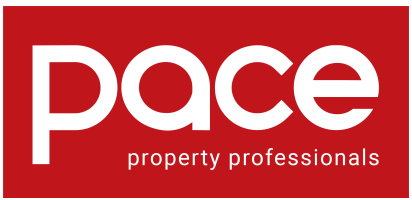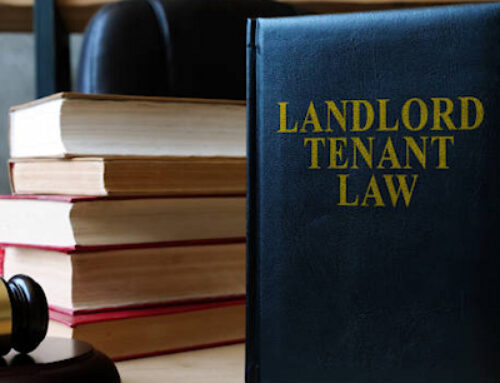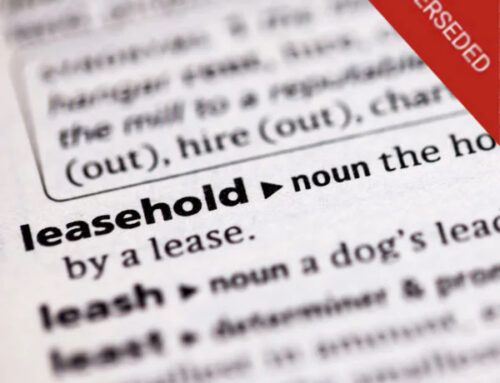Leasehold & Freehold Reform Bill (Oct 24 Update)
The Leasehold and Freehold Reform Act 2024
On 24th May 2024, the Leasehold and Freehold Reform Act 2024 achieved Royal Assent and has now become law. However, secondary legislation is required before most of the content actually takes effect. The reforms within the Act are initially being seen as beneficial for Leaseholders, however there is no specific date when this will become effective. For now, the existing rules still apply.
The Act should make it easier and cheaper for leaseholders to buy their freehold, as well as increasing standard lease extension terms to 990 years for houses and flats.
It bans the sale of new leasehold houses, other than in exceptional circumstances, and ends excessive buildings insurance commissions for freeholders and managing agents. It will also scrap the requirement for a new leaseholder to have owned their house or flat for two years before they can buy or extend their lease. Whilst the legislation is not clear on what constitutes ‘excessive’, Pace are highly supportive of the sentiment and of course we ensure all our fees are not only clear, but also communicated well in advance, to all stakeholders
With more potential change to follow, and understanding the impact that this could have on the Act, Peter Rudd of Easy Lease Extension, has summarised the key points as things currently stand:
- Marriage Value Abolition: Marriage value is the extra charge to leaseholders to extend their lease when there is less than 80 years remaining. This will be eliminated, allowing leaseholders to benefit entirely from the marriage value.
- 1% Ground Rent Cap: Although freeholders are still permitted to collect ground rent in accordance with the terms of the lease, for the purposes of future valuations, the ground rent will be capped at 0.1% of the freehold vacant possession value of the flat.
- 990 Year Extension: The default extension granted on new leases will be 990 years, a significant increase from the previous 90-year extension limit for houses (50-year extension limit for flats).
- Two Year Ownership Requirement: The two-year ownership rule for qualifying to extend a lease has been abolished, making it easier for leaseholders to apply for extensions.
- Collective Enfranchisement Claims: In collective enfranchisement claims, freeholders can be required to retain non-participant flats or commercial areas. Leaseholders can now pursue a claim if they constitute at least 50% of the flats, as per the existing rule.
- Commercial Property Threshold: The threshold for the commercial property component in enfranchisement has been increased from 25% to 50% of the floor area. This change will enable many mixed-use buildings to qualify for enfranchisement.
- Cost Responsibility: Freeholders will be required to bear their own costs, except in cases involving “low-value claims”. A limit on the costs a freehold is entitled to recover will likely be decided at a future date.
- Prescribed Rates: The deferment and capitalisation rates will be prescribed by the government. Although the specific method for setting these rates is not yet defined, it has been indicated that they will align with “market rates” and be reviewed every 5-10 years.
Peter has many years of experience within this sector of the property market and his valuable input provides clarity and further commentary on some of the main sections of the Act. Peter is Pace’s recommended surveyor and if you require an evaluation or any further support, we will be happy to share his details and put you in touch directly.
Please contact us at the Pace Head Office on 01702 445600.
Martin Ransom is Office Manager at Pace, an independent Southend on Sea Letting Agent.
With nearly 25 years experience in the property industry, Martin is well placed in his role as Branch Manager for Pace.
After joining the business in 2010 Martin took it upon himself to foster excellent customer service among the team and this continues to position Pace as a leader in its field today.








